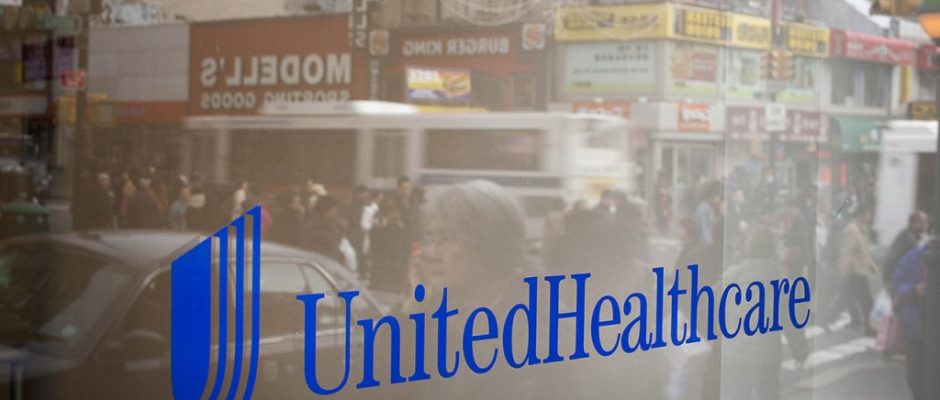US Healthcare companies on high cyber-alert
While the assassination of health insurance CEO Brian Thompson on the streets of central New York last week has been grabbing headlines this month, life-endangering cyber-attacks on the US healthcare industry are escalating at an alarming rate. Once again, the pressing need for both IT and physical security could not be more clear.
According to John Riggi, national advisor for healthcare security and risk at the American Hospital Association, healthcare security must now be seen as far more than just an IT issue. This year has seen what amounts to a sea change in the way healthcare executives must view not only their own personal security but also the impact of cyber-attacks not only on their bottom line but also on the lives and well-being of patients.


